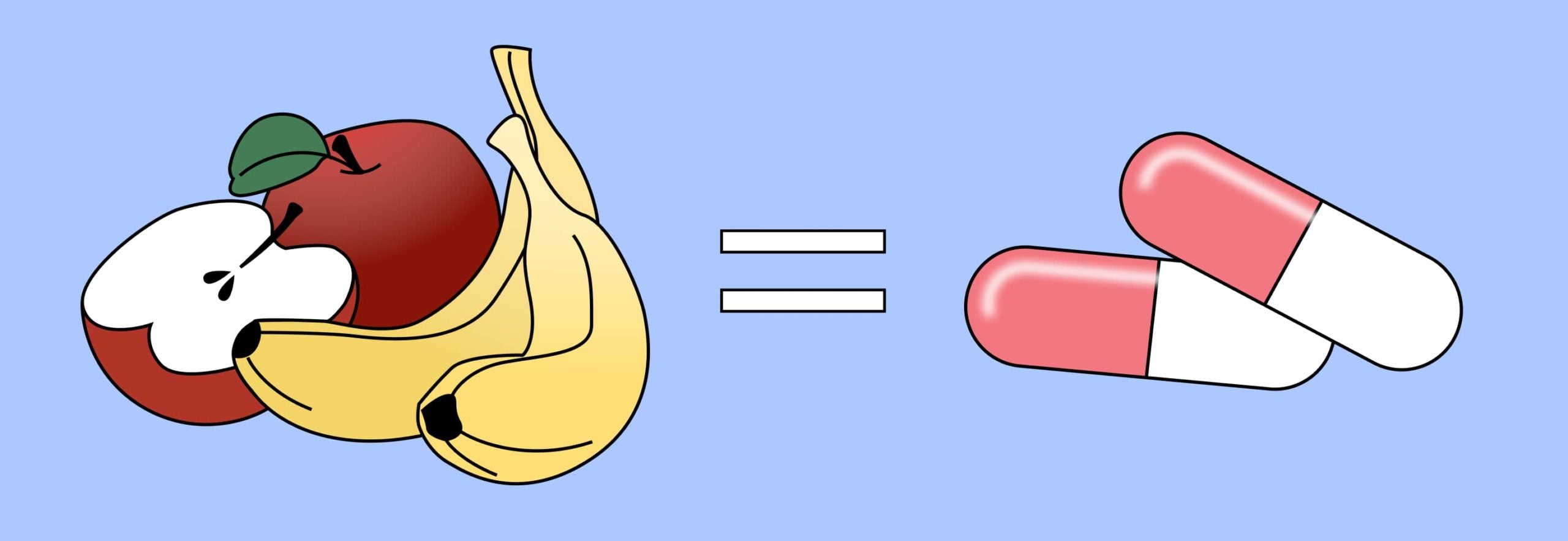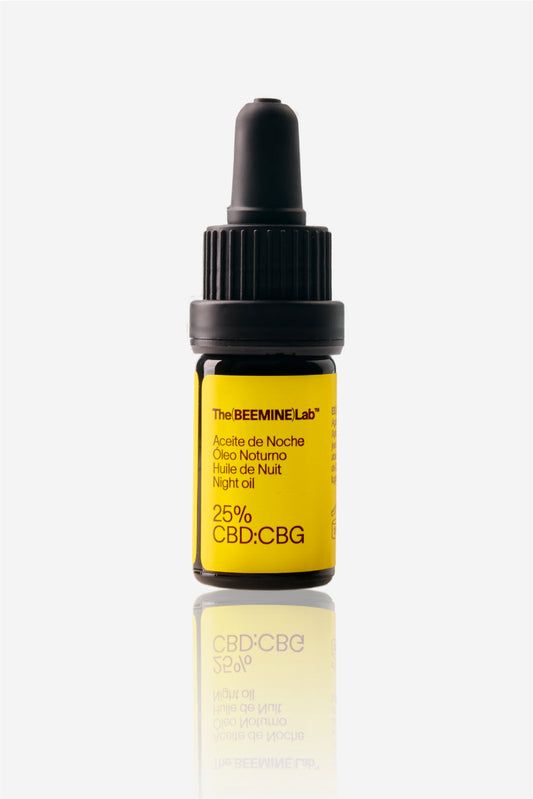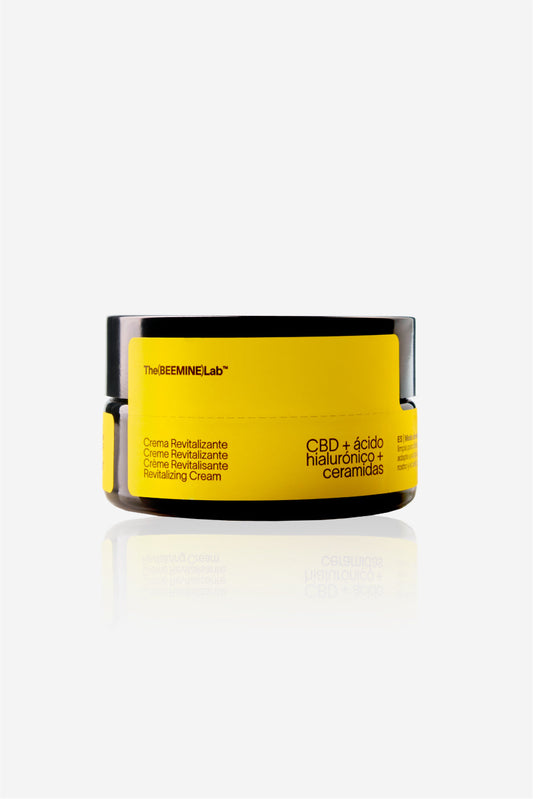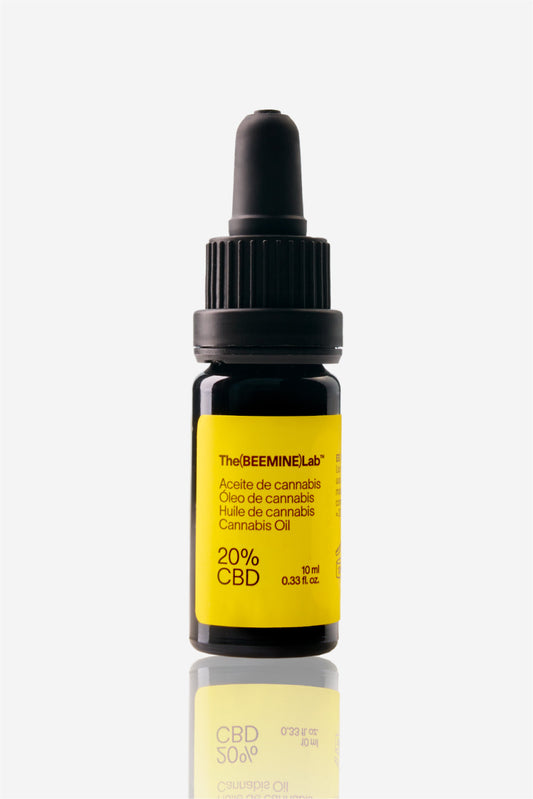- Excessive calorie consumption.
- High blood sugar levels.
- Oxidative stress.
- An inflammatory diet
- Sugars: especially refined white sugar, devoid of its minerals and vitamins, and artificial sweeteners such as Aspartame, Acesulfamate-K and others.
- Cooking oils: very high in Omega 6 and low in Omega 3. Examples: refined sunflower, rapeseed, canola, cottonseed oil.
- Trans fats: increase levels of “bad” or LDL cholesterol and lower levels of “good” or HDL cholesterol. They promote inflammation, obesity, and insulin resistance. They are found in products that contain hydrogenated fats such as vegetable margarine.
- Dairy products: Researchers have found that digesting milk beyond infancy is not normal, let alone milk from other animals. These products cause inflammatory reactions such as digestive stress, skin problems such as psoriasis and acne. There are more tolerable exceptions that will be discussed in the anti-inflammatory diet.
- Industrial meat products: from animals fed with feed high in Omega 6, pesticides, antibiotics and hormones. This includes red meat and all sausages.
- Alcohol: It has recently been discovered that ALL alcohol in any amount is pro-inflammatory. Moderation is the key.
- Refined grains and cereals: many of them, especially wheat, have been genetically modified to increase their gluten content, since this protein is addictive and causes a lot of intestinal inflammation.
- Food additives: all the E's that mysteriously appear in the ingredients of industrially packaged foods have the sole purpose of giving food a good appearance and flavour, with toxic consequences, in many cases, for our health.
- Carbohydrates: An adult should consume an average of 250 grams of carbohydrates.
- Fats: Extra virgin olive oil, avocado, walnuts, almonds, cashews, macadamia nuts, Omega 3 rich seeds such as hemp, chia, flax, black and white sesame as well as sesame oil, pumpkin seed oil, hemp, avocado, coconut and flax. Animal sources of fat include wild salmon, sardines, fish oil (wild-caught), krill oil, unsalted organic butter, ghee (Ayurvedic clarified butter).
- Protein : Eat less protein if you have kidney or liver problems, allergies or autoimmune diseases. The need for protein is very relative and depends on the physical type of the person. To find out what your real need is, take a test to determine if you are a fast, slow or mixed oxidizer .
- Phytonutrients: To achieve good protection against diseases associated with both aging (including cardiovascular, cancer and neurodegenerative diseases) and environmental pollution, consume a wide variety of fruits, vegetables and mushrooms.
- Alcohol : If you drink alcohol regularly, choose red wine as it contains resveratrol, an antioxidant that reduces the harmful effects of alcohol.
- Minerals and vitamins
- Vitamin C, 200mg to 1000mg per day.
- Vitamin E. Most adults should limit their intake of this vitamin to 100-200 IU per day (a mixture of tocopherols and tocotrienols).
- Selenium, 100 to 200 micrograms per day.
- A mixture of carotenes, 10,000-15,000 IU per day.
- If you don't eat oily fish like salmon twice a week, you can take a fish oil supplement, either in capsule or liquid form (2-3 grams a day in a product containing DHA and EPA). Look for a product that has quality seals, free of heavy metals and other contaminants.
- Our favorite ally to combat inflammation is Beemine's 10% concentration CBD oil, a powerful harmonizer of physiological and cognitive functions.
- If you don't consume turmeric and ginger on a regular basis, start including them in your diet! Although they are powerful in powder form, the raw root provides an extra antioxidant benefit.
- Add Coenzyme Q10: 60-100 milligrams in a gel capsule with main meals.
- If you are prone to metabolic syndrome, take Alpha Lipoic Acid (ALA) 100 to 400 mg daily.
- Finally, make sure you drink quality water, either through a microfiltering system (e.g. Alkalnatur) or you can get your own water from a nearby spring.
-
Karin, M., Lawrence, T., and Nizet, V. Innate immunity gone awry: linking microbial infections to chronic inflammation and cancer. Cell. 2006;124(4):823–835
-
Medzhitov, R. Origin and physiological roles of inflammation. Nature. 2008;454(7203):428–435 Seah, J., Gay, G., Su, J., Tai, E., Yuan, J., & Koh, W. et al. (2017). Consumption of Red Meat, but Not Cooking Oils High in Polyunsaturated Fat, Is Associated with Higher Arachidonic Acid Status in Singapore Chinese Adults. Nutrients , 9 (2), 101. doi: 10.3390/nu9020101
-
Tucker, L.A., LeCheminant, J.D., & Bailey, B.W. (2015). Meat Intake and Insulin Resistance in Women without Type 2 Diabetes. Journal of diabetes research , 2015 , 174742. doi:10.1155/2015/174742
-
Alisson-Silva, F., Kawanishi, K., & Varki, A. (2016). Human risk of diseases associated with red meat intake: Analysis of current theories and proposed role for metabolic incorporation of a non-human sialic acid. Molecular Aspects Of Medicine , 51 , 16-30. doi: 10.1016/j.mam.2016.07.002







